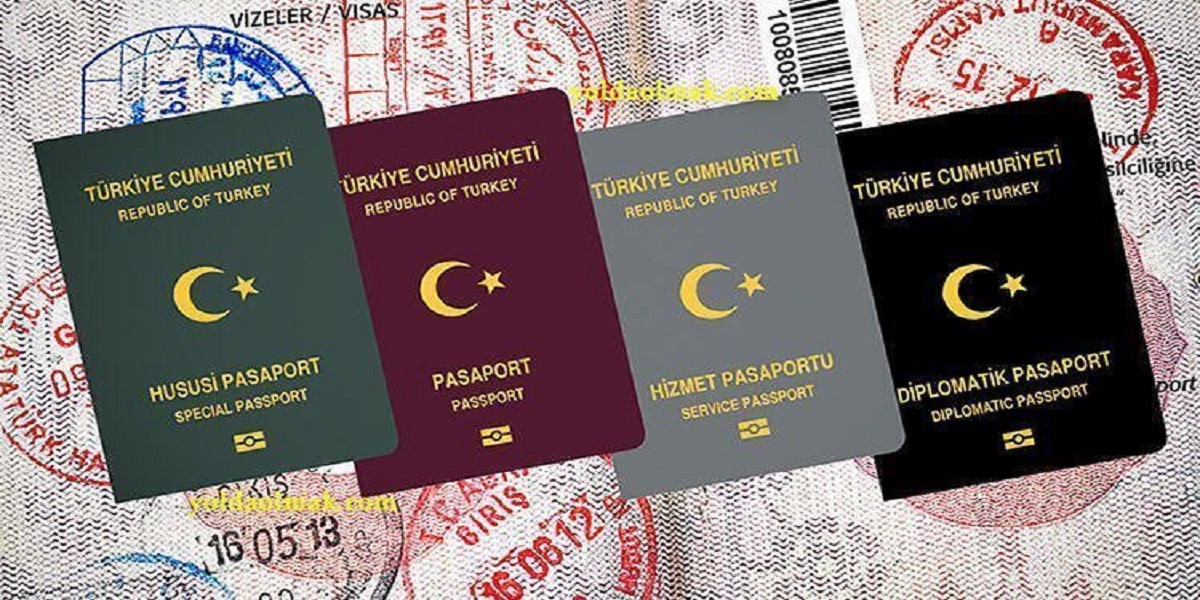Introduction:
The Turkey visa policy for citizens of Cyprus serves as a prime example of navigating the complexities of international relations. As Cyprus and Turkey share a complicated history, this topic requires a deep understanding of political dynamics, diplomatic negotiations, and the implications for citizens of both nations. This essay explores the nuances surrounding Turkey visa for Cyprus citizens, focusing on the intelligence and comprehension required to comprehend this intricate system.
Historical Background:
To appreciate the complexities of the Turkey visa policy, it is crucial to delve into the historical context of Cyprus and Turkey’s relationship. The island of Cyprus has been divided since the Turkish invasion in 1974, resulting in a northern region recognized as the Turkish Republic of Northern Cyprus (TRNC) and a southern area that remains under the control of the Republic of Cyprus. These political divisions shape the visa policy between Cyprus and Turkey.
The Visa Regime:
The visa regime consists of various provisions for Cyprus citizens entering Turkish territory. The initial policy, established in 2000, allowed Cypriots to visit Turkey with a national ID card only. However, in 2004, after the Republic of Cyprus joined the European Union, the visa policy was tightened. Cyprus citizens would be required to obtain a visa to enter Turkish territory, except in certain circumstances.
Historical Background:
The historical dynamics between Turkey and Cyprus play a pivotal role in understanding the foundation of the current visa agreement. Cyprus, once a British colony, gained independence in 1960 but has experienced periods of political instability due to conflicts between Greek and Turkish Cypriot communities. Turkey’s intervention in 1974 led to the division of the island, resulting in the establishment of the Turkish Republic of Northern Cyprus. Today, discussions around harmonizing relations through visa agreements seek to bridge this historical divide.
Cross-Border Cooperation:
The Turkey Visa for Cyprus Citizens program facilitates cross-border cooperation by allowing citizens of Cyprus to enter Turkey without a visa, ensuring easier accessibility and promoting people-to-people contact. This agreement bolsters cultural exchange, strengthens familial ties, and fosters commercial partnerships between the two nations. Moreover, increased cooperation has the potential to enhance diplomatic relations, contributing to regional stability and advancement.
Exemptions and Restrictions:
Despite the visa requirement, certain exemptions are available to Cyprus citizens visiting Turkey. For instance, those who hold a valid Schengen, UK, or Ireland visa can apply for an e-visa or obtain a visa upon arrival. Turkish Cypriots, residents of the northern TRNC, are also exempt from the visa requirement. These exemptions reveal the complexities of the visa policy, catering to specific circumstances and differentiating between Cyprus citizens based on geographical location.
Political Implications:
Understanding the intelligence and comprehension required to grasp the intricacies of this visa policy enables insight into the political implications at play. The division between Cyprus and Turkey serves as a constant dialogue within the international community. The presence of the TRNC is only recognized by Turkey itself, cultivating a unique political environment that necessitates careful policy considerations.
Diplomatic Negotiations:
The visa policy for Cyprus citizens also highlights the ongoing diplomatic negotiations between Cyprus, Turkey, and other relevant stakeholders. The Republic of Cyprus, as an EU member, advocates for the TURKEY VISA FOR CANADIANS lifting of visa restrictions for its citizens, often emphasizing the importance of reciprocity. Understanding these diplomatic intricacies is essential for comprehending the underlying factors that led to the current visa policy.
Public Opinion and Civil Society:
As this policy significantly affects citizens’ mobility, public opinion and the role of civil society are critical. The intelligence to analyze the divergent views and proposals from Cyprus citizens, Turkish Cypriots, and Turkish authorities helps shed light on the broader socio-political context within which the visa policy is formulated.
Implications for Graduate Research:
Approaching the topic of Turkey visa policy for Cyprus citizens at an advanced academic level necessitates multidisciplinary research. Combining political science, diplomacy, public opinion analysis, and legal perspectives, graduate students can immerse themselves in this complex realm, developing analytical skills and critical thinking abilities.
Conclusion:
The Turkey visa policy for citizens of Cyprus encapsulates the intelligence and comprehension required at the graduate school level. By understanding the historical context, exemptions and restrictions, political implications, diplomatic negotiations, and socio-political dynamics, students can analyze this intricate policy with depth and sophistication. As international relations continue to evolve, researchers should aim to explore such topics, contributing to the broader academic scholarship on visa policies, diplomatic negotiations, and cross-border relationships.

